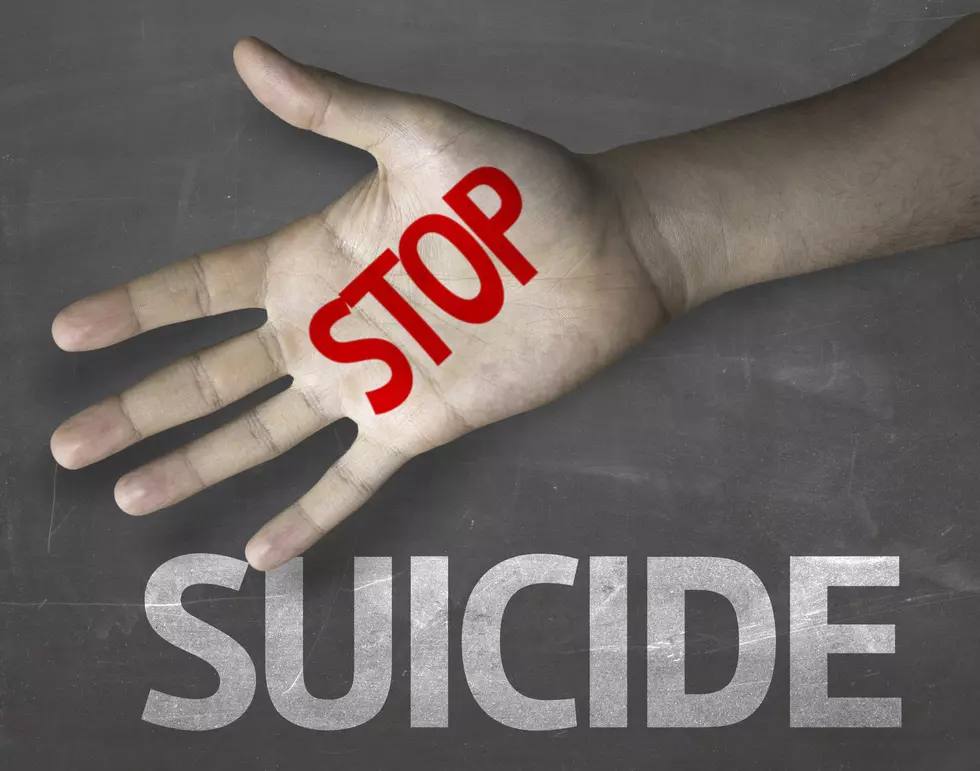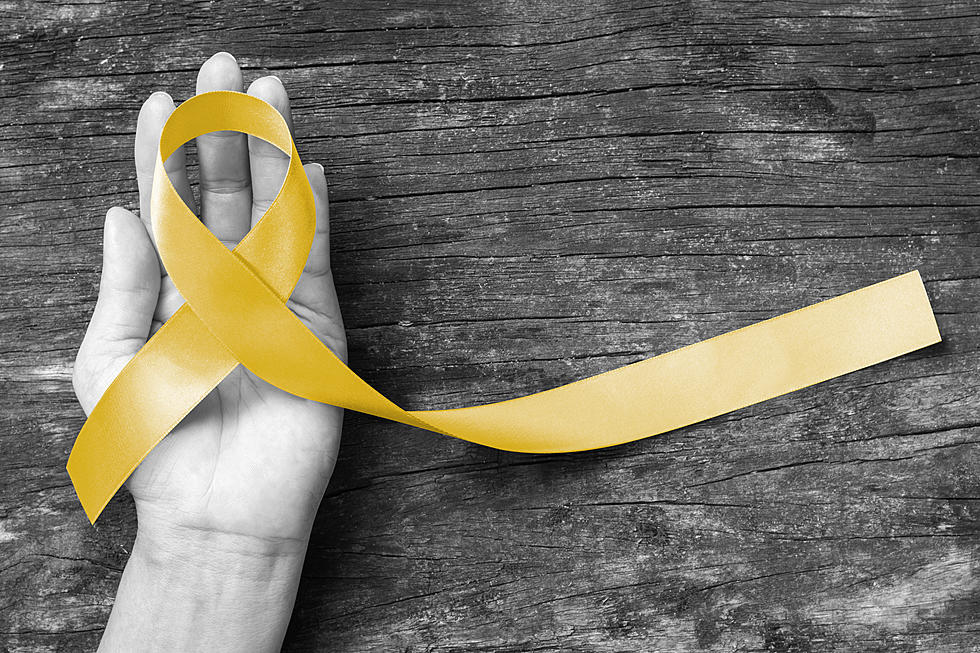
Is your child really OK? Youth suicide experts urge parents to spot changes
Is your kid just being a grumpy teenager? Or are you getting hints of something much more serious?
It's not always easy to tell — but it can't hurt to ask. Advocates for youth suicide prevention in New Jersey are urging parents and caregivers not to glance over significant changes in kids' behavior.
This is the final segment of a four-part series about youth suicide in the Garden State. Join Eric Scott on-air and online at 7 p.m. Thursday, Sept. 30 for a live conversation with New Jersey advocates and medical professionals about this growing problem.
"It's really everyone's responsibility to learn the warning signs — and then take it one step further and ask the question, 'Are you OK?'" said Susan Tellone, clinical director for the Society for the Prevention of Teen Suicide, based in Freehold.
Morris County resident Wendy Sefcik, who now chairs the New Jersey chapter of the American Foundation for Suicide Prevention, lost her 16-year-old son T.J. to suicide in 2010. He was an "outgoing, funny, intelligent boy, with tons of friends," but he started becoming increasingly irritable and disrespectful.
"We reacted and had a consequence ... rather than stepping back and saying, 'This is uncharacteristic behavior — what's going on?'" Sefcik said.
The trouble is, a change in behavior for a teenager isn't automatically a sign of suicidal ideation. But changes over a period of time are worth having a conversation about, Sefcik said.
Many potential warning signs link to depression — changes in eating and sleeping habits, declining academic performance, loss of interest in activities one once enjoyed, and withdrawal from family and friends, for example.
In more imminent cases, the signs can be extremely clear, and perhaps serve as a call for help. One may have a preoccupation with death or suicide, or start parting with their belongings. Parents are urged not to ignore comments such as "I hate my life" or "You'd be better off without me."
Suicide is the third-leading cause of death among the 10-to-24 age range in New Jersey.
"One of the greatest myths of suicide is that by talking about suicide, we plant the seed in a child's head. Nothing can be further from the truth," Sefcik added. "Research shows that talking about suicide, having open and honest dialogue about this difficult topic, actually can serve as a pressure relief valve for someone who's struggling."
- New Jersey Suicide Prevention Hopeline: 1-855-654-6735
- Crisis Textline: Text NJ to 741741
- National Suicide Prevention Helpline: 1-800-273-TALK
- 2ndFloor Youth Helpline: 1-888-222-2228
- LGBT National Helpline: 1-888-843-4564
If your life or someone else's is in imminent danger, call 911.
Contact reporter Dino Flammia at dino.flammia@townsquaremedia.com.
LOOK: What major laws were passed the year you were born?
LOOK: Here are the 25 best places to live in New Jersey
More From New Jersey 101.5 FM









